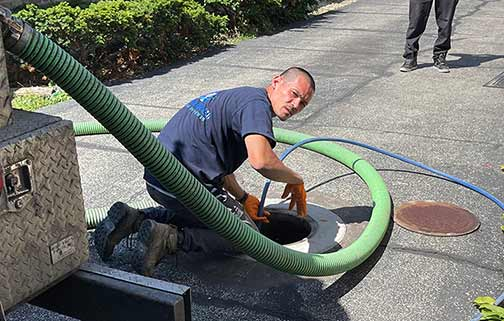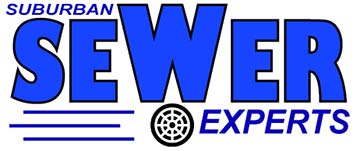
Drainage problems and sewer line issues are a reality you cannot escape in your Chicago home, notes Keyrenter Buxmont Group. It’s impossible to stop clogs and drainage issues from happening in your home. However, you can navigate the problems in a way that reduces their impact on your family and property.
Before drain problems and sewer line issues happen in your Chicago home, it is vital that you have a game plan for tackling them. One of the underlying reasons why drainage issues in Chicago homes get out of hand is that many Chicago homeowners are not prepared for them.
What does it take to be prepared for drainage and sewer line issues? The first step is to know why these problems happen, how your lifestyle may be contributing to the issues, and how to avoid behaviors that promote drainage problems in your home.
Secondly, you should know the warning signs of impending drainage issues in your home. Thirdly, you need up-to-date information on the steps to prevent or solve these problems. This means having a grasp of the professional drain and sewer line solutions available in your area.
This post discusses the different professional options for solving drain and sewer line problems in Chicago homes.
A list of the professional drain and sewer solutions needed by Chicago homeowners
- Professional drain cleaning
These are special tools and techniques used by professional plumbers to remove clogs and blockages from drainpipes and sewer lines. Professional drain cleaning ensures optimal drain function by removing the things that impede the flow of water.
The two most common drain cleaning methods used by professional plumbers are sewer rodding and hydro jetting. They are both effective for getting rid of different types of clogs and blockages: grease, sludge, limescale, tree roots, etc.
- Sewer rodding
This method uses a flexible rod that is inserted into the drain line and used to manually dislodge the debris within the pipes. For stubborn clogs and blockages, power rodding is used. Power rodding is a mechanized and more powerful version of sewer rodding.
- Hydro jetting
This drain-cleaning method uses a jet stream of high-pressure water to clear out the debris inside the clogged or blocked sewer line. Hydro jetting provides the additional benefit of being able to wash the dislodged debris out of the drainpipes.
- Sewer camera inspection
This is the best way to check the physical condition of a pipe channel without digging it up. Sewer camera inspections use a special high-resolution waterproof camera inserted into the line via a cleanout or drain opening. It is used to diagnose the problems inside the drainage system.
- Sewer line repair
Minor breaks in an underground drainpipe or sewer line can be repaired without excavating the line. This is done using technologies that allow the pipes to be patched while still in the ground. These technologies are known as trenchless pipe repair, and the two most common ones are pipe relining and pipe bursting.
- Pipe relining
Also known as CIPP (Cured-In-Place Pipe), this method creates a new pipe inside the old one. An inflatable tube is inserted into the old drainpipe with a resin coat. The tube is inflated, pressing the resin coating into the old pipe. This is left in place to allow the resin to cure. The inflatable tube is removed after the new pipe has hardened.
- Pipe bursting
To repair a section of the sewer line, a metal bursting head is dragged through the line to break it apart. At the same time, a new pipe is pulled into place behind the bursting head. This new pipe takes the place of the old and now-displaced pipe.
- Sewer pipe replacement
If the damage to a drainage line is extensive, trenchless repair may not be possible. When dealing with problems like sewer line collapse, it is better to use traditional sewer line replacement methods, which involve digging up the sewer line. Traditional sewer replacement methods are costlier, but they are more thorough.
- Annual plumbing inspections
Periodic inspection of the sewer and drain lines is crucial if you want to stay ahead of drainage problems in your home. These checks should be done seasonally. Homeowners can perform the checks if they know how. However, it is recommended to have a professional plumber fully evaluate your entire plumbing system at least once a year.
- Emergency plumbing services
Not all plumbers offer emergency plumbing services. Emergency plumbers specialize in solving plumbing emergencies. They offer 24/7 emergency services and do not require a prior appointment. Access to an emergency plumber helps to minimize the impact of plumbing emergencies on your home.
To sum up, what should you look out for when hiring a plumber in Chicagoland? The plumber should be licensed and certified. They must have a good reputation that is verified by people in their locality. They should offer transparent pricing and warranties and must be adequately insured.

